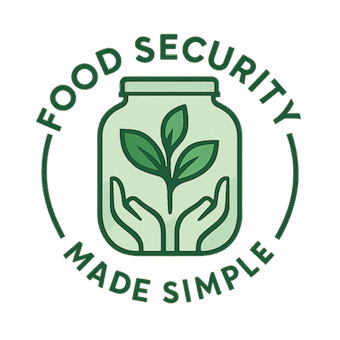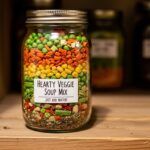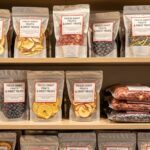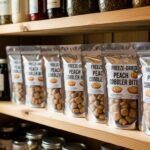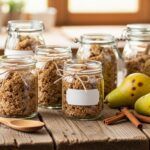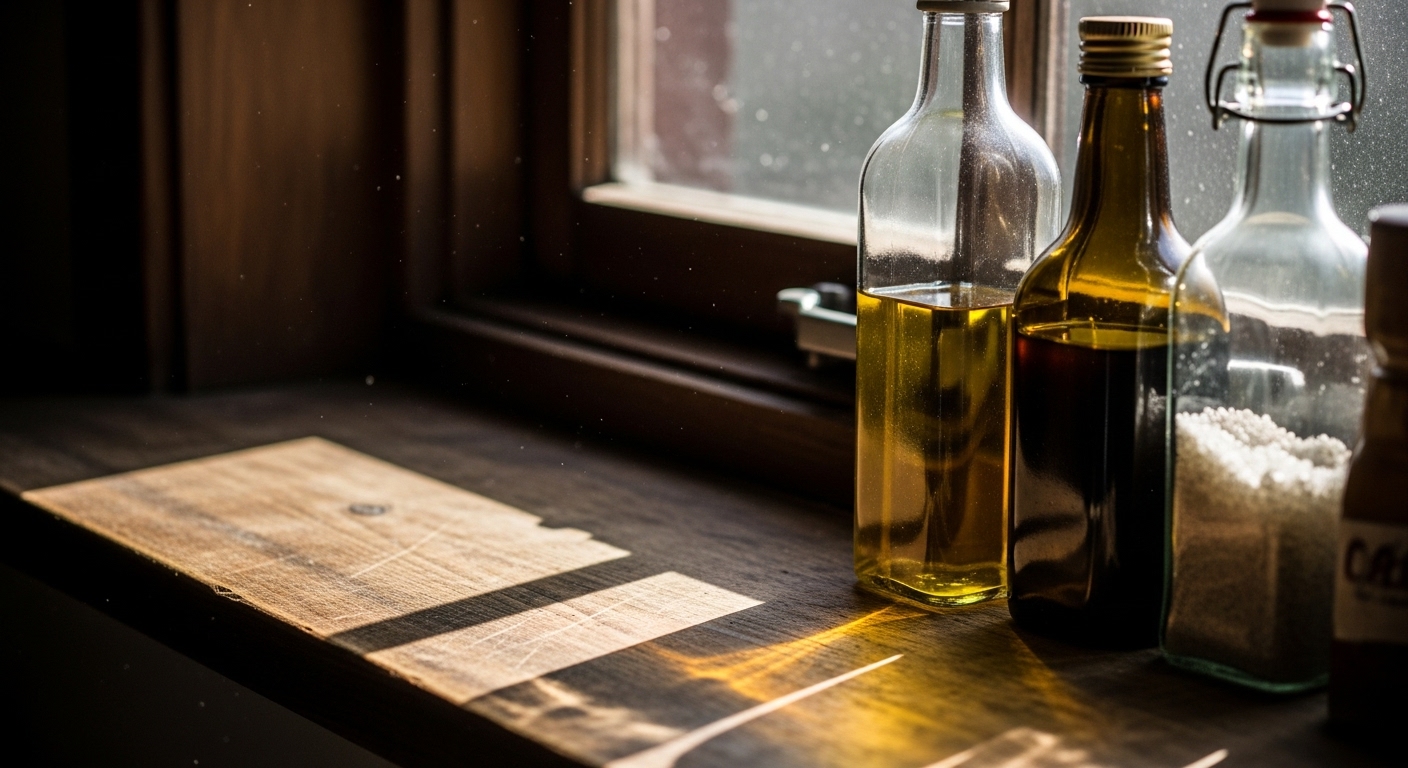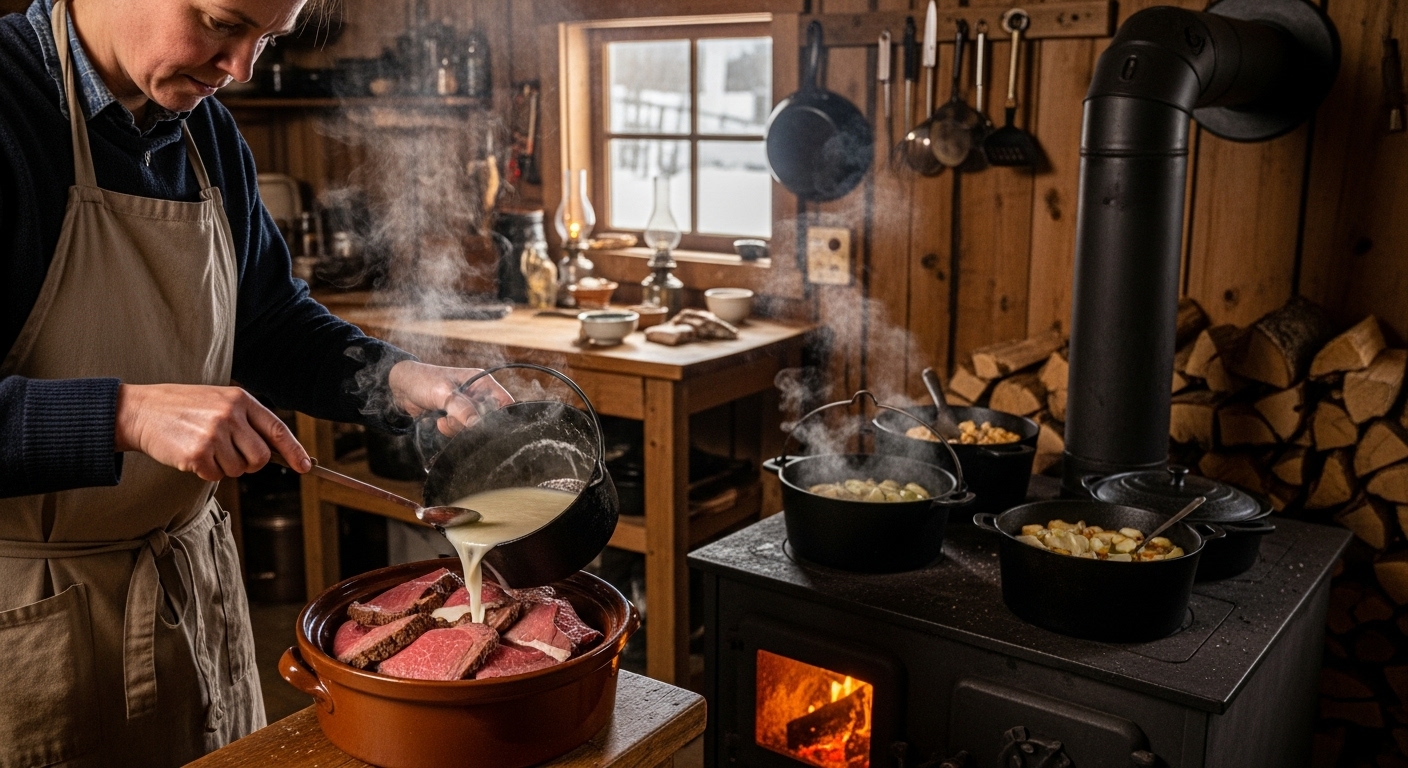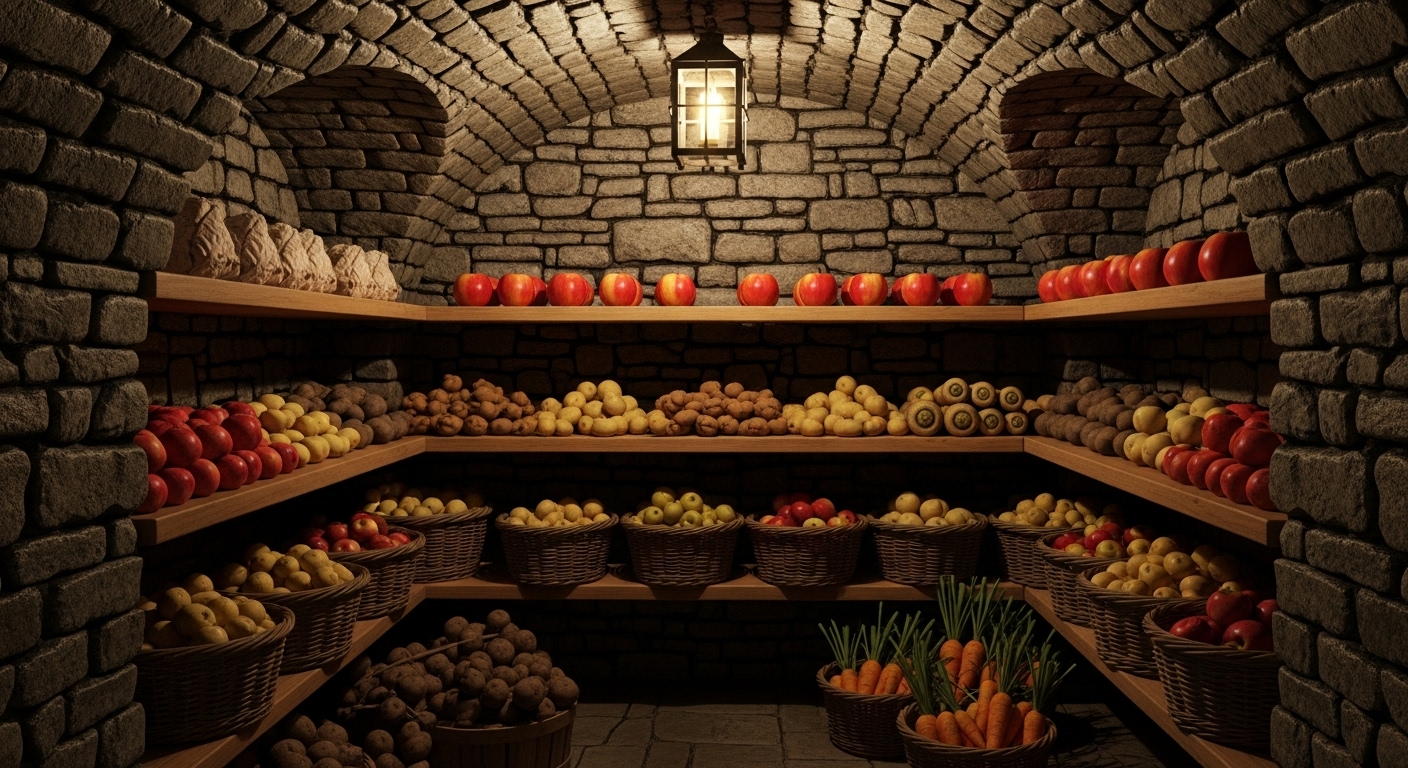Nature’s Built-In Preservatives
Long before refrigeration, people relied on nature’s chemistry to protect food from spoilage. Among the most powerful natural preservatives were vinegar, honey, and herbs—each capable of preventing bacteria and mold while enhancing flavor.
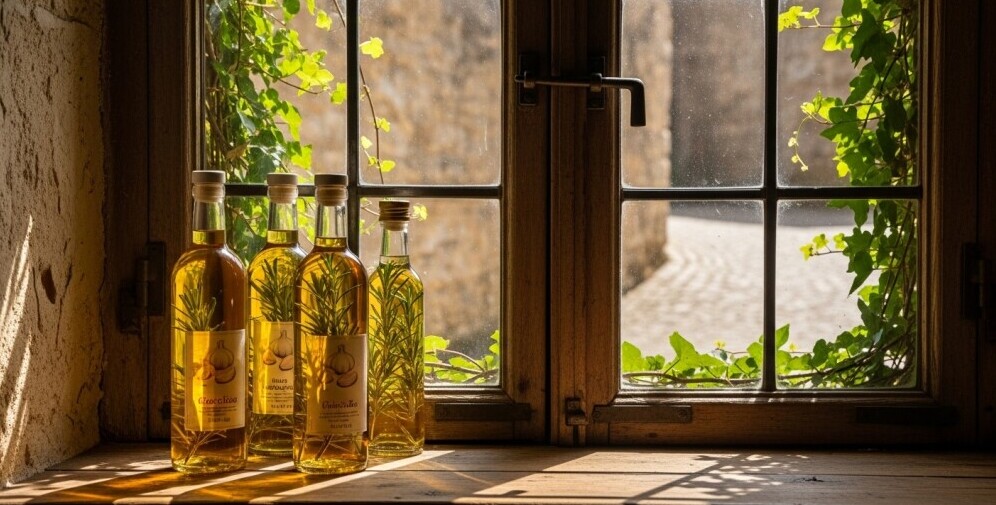
In ancient Egypt, honey was treasured not only for sweetness but also for its antimicrobial power. Archaeologists have uncovered sealed jars of honey more than 3,000 years old—still perfectly edible! Egyptians coated fruits and even used honey in embalming mixtures because of its ability to resist decay.
Meanwhile, across Babylonia and Greece, vinegar—derived from naturally fermented wine or fruit juice—was used to pickle vegetables, fruits, and fish. These tangy preserves evolved into early versions of chutneys, relishes, and pickled delicacies still enjoyed today.
And throughout the Mediterranean, the trio of olive oil, herbs, and salt worked magic together. Olive oil formed an airtight barrier that prevented oxygen from reaching foods, while herbs such as rosemary, thyme, oregano, and garlic provided both flavor and mild antibacterial protection.
Even now, home preservers and off-grid homesteaders rely on these ancient methods—infused honeys, herbal vinegars, and oil marinades—to create long-lasting, healthy, and beautifully flavored foods.
🧂 The Science Behind the Magic
- Honey contains enzymes that release small amounts of hydrogen peroxide, deterring bacteria.
- Vinegar’s acidity (pH below 4.5) creates an inhospitable environment for spoilage microorganisms.
- Herbs and oils introduce antioxidants and phenolic compounds that protect food from rancidity.
Together, these ingredients offer safe, simple, and chemical-free ways to preserve harvests naturally.
🍯 5 Ancient-Inspired Preservation Recipes
1. Herbal Honey Infusion
Ingredients:
- 1 cup raw honey
- 2 tbsp dried lavender, rosemary, or thyme
Instructions:
Warm honey slightly (never boil). Add herbs and let steep for 2–3 weeks in a glass jar. Strain and store in a cool, dark place.
Use in tea, dressings, or to soothe sore throats.
2. Garlic-Rosemary Vinegar
Ingredients:
- 2 cups apple cider vinegar
- 4 garlic cloves (peeled and slightly crushed)
- 2 sprigs fresh rosemary
Instructions:
Combine all ingredients in a sterilized jar. Seal and steep for 2–4 weeks. Strain and store.
Excellent for marinades, salad dressings, or drizzling over roasted vegetables.
3. Honey-Preserved Citrus
Ingredients:
- 2 lemons or oranges, thinly sliced
- 1 cup raw honey
Instructions:
Layer citrus slices in a jar and pour honey to cover completely. Seal and store for several months in a cool cupboard.
Use slices in teas, desserts, or as natural syrup.
4. Marinated Feta in Olive Oil
Ingredients:
- 1 cup feta cubes
- ½ cup extra-virgin olive oil
- 1 tsp dried oregano
- 1 garlic clove
Instructions:
Layer feta with herbs and garlic in a jar, pour olive oil to cover. Seal and refrigerate up to 2 months.
Perfect for salads or bread spreads.
5. Pickled Garden Vegetables
Ingredients:
- 2 cups mixed veggies (carrots, beans, cucumbers)
- 2 cups apple cider vinegar
- 1 cup water
- 1 tbsp salt
- 1 tsp sugar
- 1 tbsp pickling spices
Instructions:
Boil vinegar, water, salt, and sugar. Pour over chopped vegetables packed in jars with spices. Seal and cool.
Keeps in the fridge for months or longer when canned.
Part of the “Ancient Preservation Series” — explore other traditional methods to keep your harvest fresh naturally.
© 2025, Teresa. All rights reserved.
